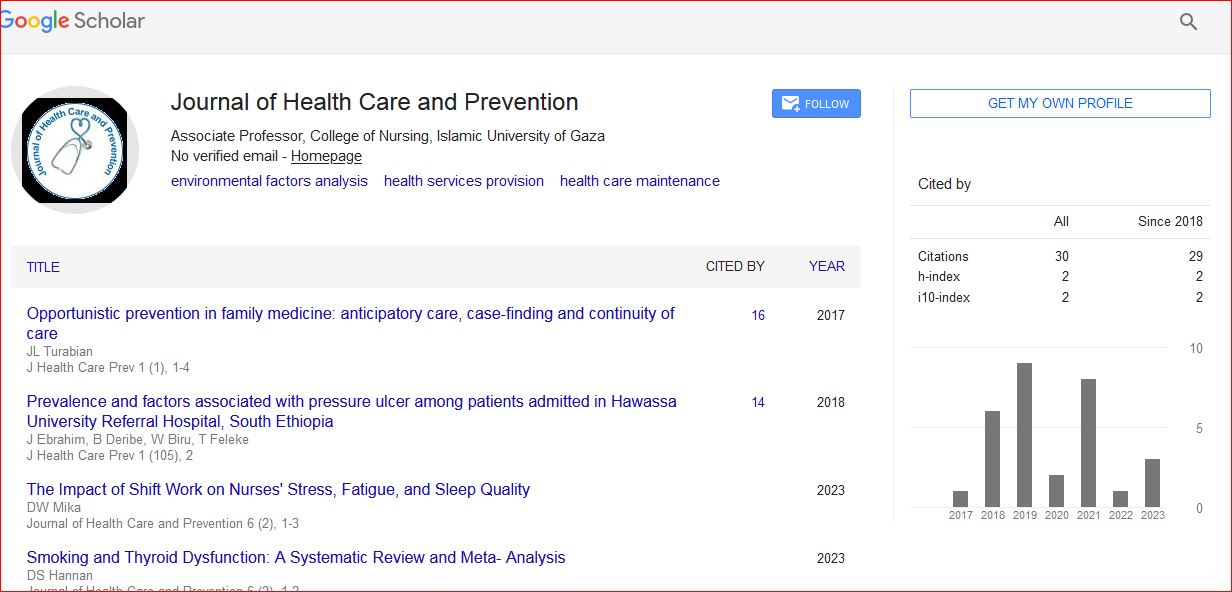A Case Study of Visit-Driven Preventive Care Screening Using Clinical Decision Support
*Corresponding Author:Received Date: Nov 01, 2024 / Published Date: Nov 29, 2024
Citation: Annike K (2024) A Case Study of Visit-Driven Preventive Care Screening Using Clinical Decision Support. J Health Care Prev, 7: 292.DOI: jhcpn-25-160572
Copyright: © 2024 Annike K. This is an open-access article distributed under the terms of the Creative Commons Attribution License, which permits unrestricted use, distribution, and reproduction in any medium, provided the original author and source are credited.
Abstract
This case study examines the effectiveness of a visit-driven Clinical Decision Support (CDS) system in improving the completion of preventive care screenings in a primary care setting. CDS systems, designed to provide realtime, evidence-based recommendations during patient visits, have the potential to enhance preventive healthcare practices. This study evaluates a CDS system implemented at a primary care clinic to drive timely preventive screenings, including cancer screenings, immunizations, and chronic disease assessments. Data was collected from patient records before and after the CDS system's integration, with a focus on screening completion rates, clinician adherence to guidelines, and overall patient health outcomes. The results show a marked improvement in preventive care adherence, with screening rates for mammography, colonoscopies, and immunizations significantly rising postimplementation. Clinician compliance with evidence-based guidelines increased, and patient outcomes improved, demonstrating the potential of CDS systems in optimizing preventive care. This study highlights the need for broader implementation of CDS systems to improve health outcomes and reduce the burden of preventable diseases.

 Spanish
Spanish  Chinese
Chinese  Russian
Russian  German
German  French
French  Japanese
Japanese  Portuguese
Portuguese  Hindi
Hindi 
